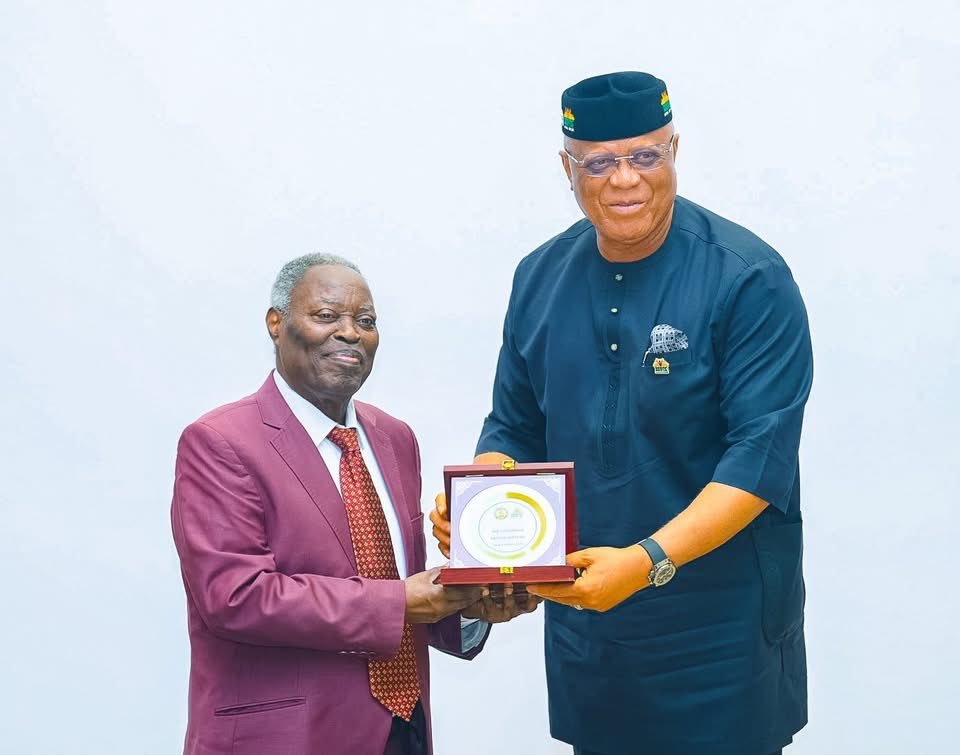WOMEN OF IMPACT: REKINDLING COMPASSION ON THE INTERNATIONAL DAY OF CHARITY

Every year on September 5, the world observes the International Day of Charity, that honours not only the legacy of Mother Teresa, but also people who continue to give themselves for others.
More than just a tribute, this day is a reminder that in a world increasingly driven by profit, power, and self-preservation, charity remains a vital force for justice, dignity, and sustainable development.
CHARITY AND THE SDGS: A SHARED MISSION
According to the United Nations, charity plays a critical role in achieving the Sustainable Development Goals (SDGs). Whether it’s ending poverty, ensuring good health and well-being, or promoting gender equality, the spirit of giving, through time, skills, resources, or care— is essential.
Charity fuels social cohesion, fosters empathy, and strengthens global solidarity. It bridges the gap where government and systems fall short.
And while charity is often most visible during crises, its truest power lies in everyday acts— committed consistently, often quietly, by individuals determined to make life better for someone else.

ONDO STATE: WHERE COMPASSION STILL LIVES
In Ondo State, Nigeria, that commitment lives on— in orphanages, health outreaches and community centres, and family homes. Despite economic hardship, a growing number of women-led initiatives are stepping in to fill the cracks.
One of such women is Mrs. Ola Jesus Zubair, founder of Echoes of Mercy Olive Homes, who shared how her passion to give children a future led to the creation of the orphanage.
“Every child deserves love, care, and a future,” she said, noting that public support is declining, even as the number of children in need keeps growing.
Her story reflects a growing concern among NGOs and caregivers: compassion fatigue and dwindling donor interest at a time when the need has never been greater.

HEALTHCARE, NOT AS A PRIVILEGE—BUT A RIGHT
Another legend in the charitable space is Dr. Makinde Rhoda, founder of DROMI, a nonprofit organization offering free medical services to men, elderly citizens, and pregnant women in underserved areas stressed that “Real charity is not about pity,” stating that it’s about access and equity, as health should not be a privilege for the few.
She praised the volunteers— medical professionals and partnering NGOs, who make their mission possible. Their efforts have reached hundreds, by providing life-saving care.
RESTORING HOPE, ONE FAMILY AT A TIME
For Mrs. Modupe Babalola, founder of the Modupe Babs Family Foundation, charity is deeply personal, finding purpose in pain as a widow. Her organization focuses on empowerment of women, widows and community rebuilding.
“Charity is essential to society’s survival,” she said, noting that government and private sector should provide support to scale the impact.
A CALL TO MAKE CHARITY A CULTURE
Beneficiaries across these organizations expressed heartfelt gratitude, with many offering prayers for those who extended help when it was needed most.

But the message from stakeholders is clear: Charity must become a lifestyle—not a reaction.

As the world marks the International Day of Charity, citizens, religious groups, corporations, and governments are being urged to support and sustain charitable efforts— not just in emergencies, but in everyday life. Because no nation can truly progress without lifting its most vulnerable.
Watch the insightfull highlights here:









